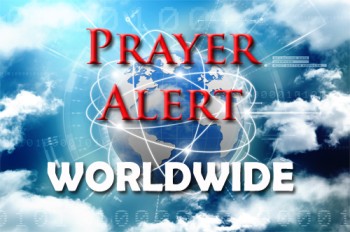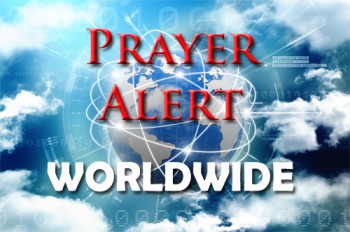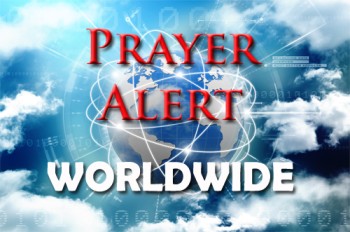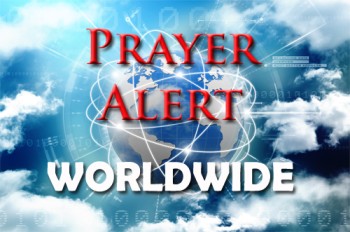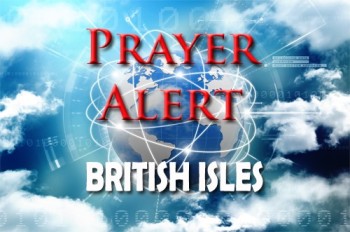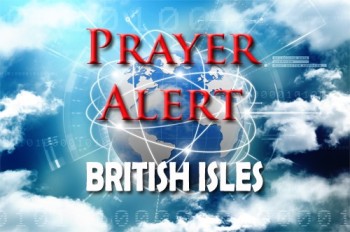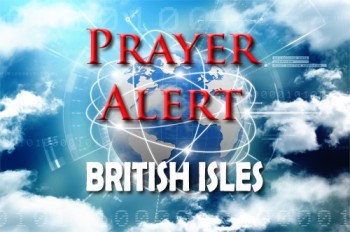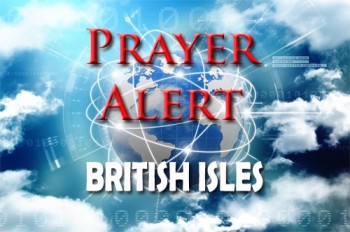Sudan: at least forty dead in a week in worst cholera outbreak in years
Doctors Without Borders (MSF) says that Sudan’s Darfur region is facing its worst cholera outbreak in years, with at least forty deaths reported in the past week and more than 2,470 deaths nationwide since August 2024. The crisis has been caused by the two-year war between Sudan’s army and the paramilitary RSP, which has displaced millions and severely restricted access to clean water. In Tawila, 380,000 displaced people survive on an average of only three litres of water a day - less than half the emergency minimum. Contaminated sources, damaged sanitation systems, and mass displacement have accelerated the disease’s spread, which now reaches beyond Sudan into Chad and South Sudan. MSF’s head of mission has warned that heavy rains are worsening conditions: he said, ‘Survivors of war must not be left to die from a preventable disease.’ Without urgent humanitarian intervention, the outbreak threatens to spiral further, endangering countless lives in an already devastated region.
China / USA: trade truce extended for a further ninety days
Donald Trump has extended the trade truce with China by another ninety days, narrowly avoiding a major escalation between the world’s two largest economies. The announcement came just hours before the previous deadline was to expire, averting a spike in US tariffs on Chinese imports and likely retaliatory action from Beijing. Both governments confirmed the extension, maintaining existing terms while allowing more time for negotiation. This delay is seen as a temporary relief for global markets and US companies which depend on trade with China. Earlier trade disputes saw tariffs soar to triple digits, severely disrupting international commerce and sparking volatility in financial markets. Although current tariff levels remain high, they are significantly lower than the peak rates imposed in May. Talks between Washington and Beijing continue, with hopes for a more permanent resolution and a possible summit between Trump and Xi Jinping later this year. However, key issues remain unresolved.
Zimbabwe: ban on street vendors and second-hand clothes
The government has ordered the immediate removal of street vendors from Harare’s central business district and reaffirmed a national ban on the import and sale of second-hand clothes. Local government minister Daniel Garwe cited concerns over urban disorder, the rise in illicit nighttime activities, and the negative impact on formal businesses. However, opposition politicians believe street vending stems from desperation, not defiance: they argue that many citizens rely on informal trade for survival amid chronic unemployment and economic mismanagement. One has said that such policies, without viable alternatives, only deepen suffering. Instead of punitive measures, she has called for inclusive economic reform, skills development, and gradual integration of informal traders into formal markets. Previous crackdowns failed because they didn’t address the underlying causes of poverty.
Peru: president issues amnesty for hundreds accused of atrocities
President Dina Boluarte has signed a contentious law pardoning soldiers, police, and civilian militias accused or convicted of atrocities during Peru’s 1980–2000 armed conflict against Maoist rebel groups Shining Path and Tupac Amaru. The measure, despite an order from the Inter-American Court of Human Rights to suspend it, will release those over 70 and halt or overturn more than 600 trials and 156 convictions. Peru’s Truth and Reconciliation Commission estimates that there were 70,000 deaths and 20,000 disappearances during the conflict, with state forces responsible for significant abuses, including 83% of documented sexual violence cases. Human rights organisations and UN experts have condemned the law as a betrayal of victims and a blow to decades of accountability efforts. Critics warn it undermines justice for survivors of massacres, torture, and enforced disappearances, while supporters describe it as honouring those who fought insurgency. The law deepens debate over justice, reconciliation, and impunity in Peru’s fragile democracy.

